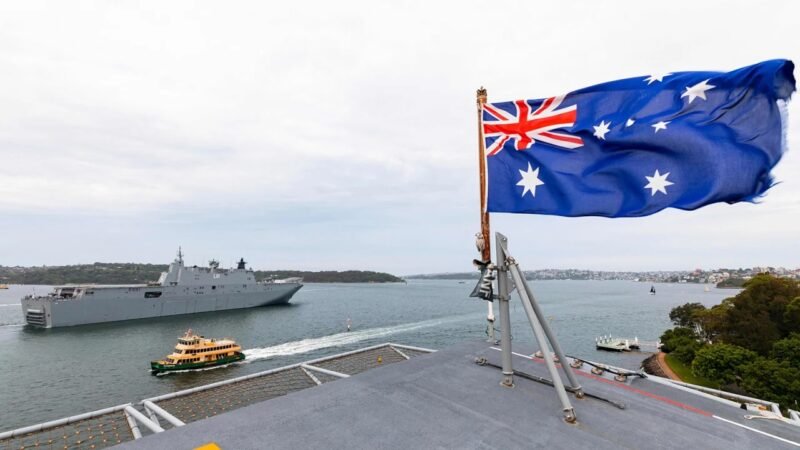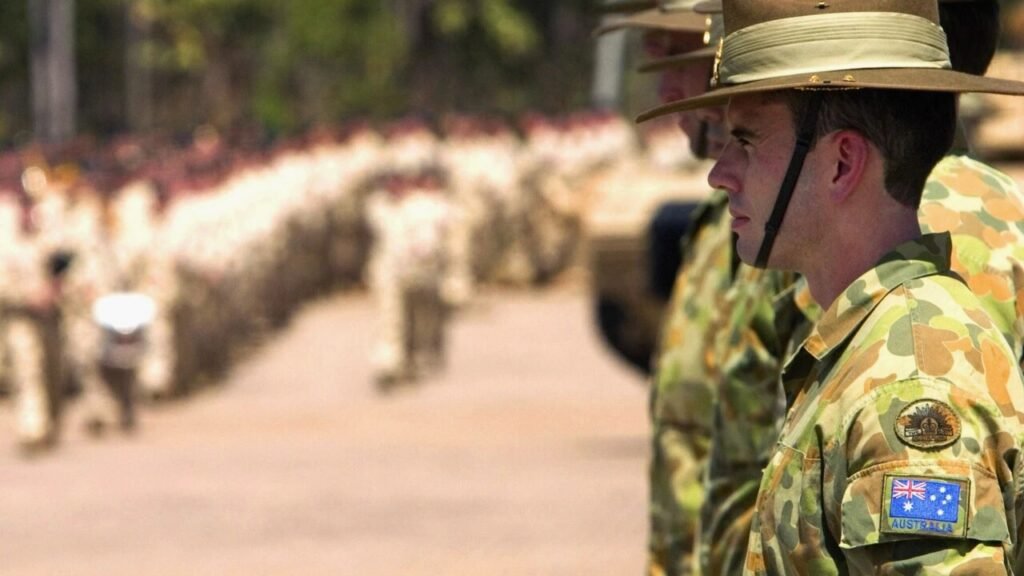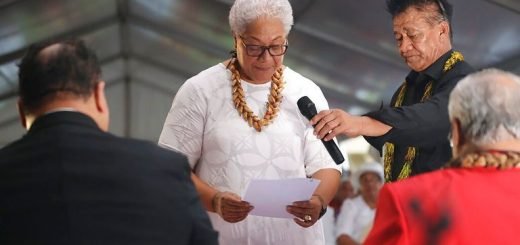Australia announces biggest defence shakeup since World War Two

Australia’s government has released a review that recommends the country’s biggest defence shakeup since World War Two. The review focuses on several key areas, including prioritising long-range precision strike capability, domestic production of guided weapons, and diplomacy. The document outlines that the United States is no longer the “unipolar leader of the Indo-Pacific” and that intense competition between the U.S. and China is defining the region. It suggests that major power competition has “potential for conflict”. Therefore, the country’s northern bases will become a focal point for deterring adversaries and protecting trade routes and communications.
Australian Prime Minister Anthony Albanese has called the review “the most significant work that’s been done since the Second World War”. He also stated that his government would act on its recommendations, emphasising that Australia must build strength in its security by seeking to shape the future rather than waiting for the future to shape it. The report highlights that China is undertaking its largest buildup since World War Two, is not transparent about its intentions, and is engaged in strategic competition in Australia’s near neighbourhood.
The review recommends that Australia must “avoid the highest level of strategic risk we now face as a nation: the prospect of major conflict in the region”. The document indicates that the military threat to Australia does not require invasion in the “missile age”. It also suggests that Australia should work more closely with the United States, including increased bilateral military planning, joint patrols, and hosting more rotations of U.S. forces, including submarines.
The review also proposes that Australia must strengthen defence cooperation with Japan, India, and Pacific and South East Asian nations to maintain regional balance. Defence funding will increase over the next decade, but it will stay steady over the next four years, with funding of A$19 billion for the review’s recommendations, including A$7.8 billion diverted from cancelled projects. The review suggests that Australia must be able to defend its territories and the immediate region, deter any adversary’s attempt to project power through its northern approaches and protect trade routes and communications.

According to Defence Minister Richard Marles, the review found Australia’s defence force was “not fit for purpose”. He said, “We aim to change the calculus so no potential aggressor can ever conclude that the benefits of conflict outweigh the risks.” The AUKUS nuclear-powered submarine program is a priority for Australia’s deterrence capability, the review confirmed.
The review highlights that long-range strikes and guided weapons are “fundamental to the Australian Defence Force’s ability to hold an adversary at risk”. It suggests that domestic production of these weapons should be established, and acquisition sped up. The review proposes upgrading Australia’s northern bases and ports immediately and rectifying fuel storage issues. The government said it would explore using civil mineral and petroleum industry infrastructure in northern and central Australia. It also called for the development of cyber and space defence capabilities.
The review recommends several critical areas, including undersea warfare, enhanced targeting, long-range strike, maritime operations for sea denial and local sea control, air and missile defence, expeditionary theatre logistics, and northern bases for logistics support and deterrence. It indicates that Australia’s area of military interest spans the northeast Indian Ocean, through maritime Southeast Asia into the Pacific.
The review emphasises that Australia must strengthen its defence capabilities, particularly in the face of growing tensions between the United States and China. The report recommends that the country prioritises the development of long-range precision strike capability and domestic production of guided weapons, and strengthens its defence cooperation with regional allies. The government’s commitment to naval shipbuilding and upgrading its northern bases and ports demonstrates Australia’s determination to be prepared for any potential threats to its national security.


















